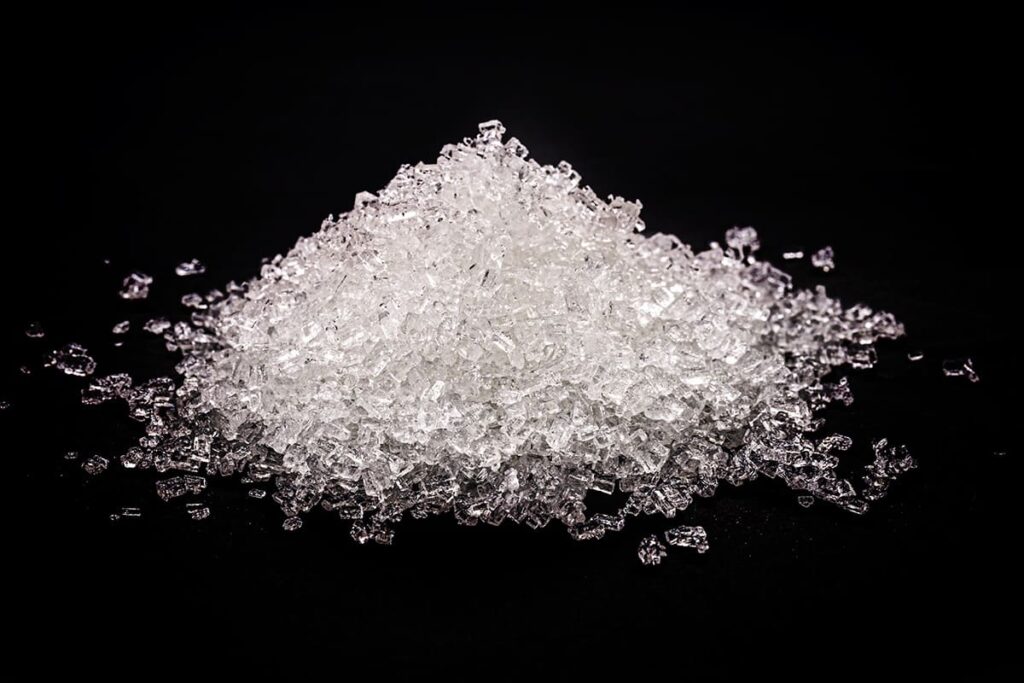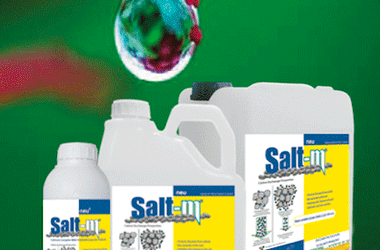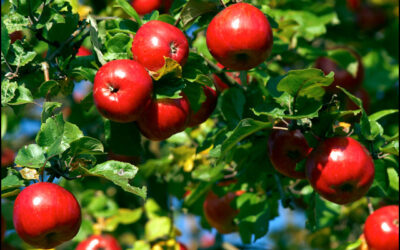Potassium Nitrate & Potassium Sulphate
What is Potassium Nitrate?
Potassium Nitrate is a type of fertilizer that carries two important nutrients for plants and increases yield and quality. It contains approximately nitrogen (N) and 46% potassium (K2O), which is preferred for plants. All the nitrogen it contains is in the form of nitrate (NO3) and can be taken up by plants immediately. Since nitrate (–) is electrically charged, it also encourages the intake of some other nutrients. Potassium Nitrate is also the best blended fertilizer for mixing fertilizers and preparing liquid fertilizer.
What are the Benefits of Potassium Nitrate?
Since potassium nitrate fertilizer does not contain sodium and chlorine, it can be used safely on all plants. It can be used with all kinds of irrigation systems in vegetables. It ensures smooth, abundant and high quality product yield. It increases the fruit quantity and quality in citrus fruits. It also prevents fruit drop.
Potassium nitrate generally increases the dry matter ratio by reducing the storage losses. It increases the flowering of hard stone fruits, increases the amount of fruit and fruit quality. It is used safely in all flowers. It also directly affects flower quality with elements such as color and smoothness. It increases the product and quality given in the vineyards.
What is Potassium Sulphate?
Potassium sulphate is an important nutrient for plants. Potassium sulphate fertilizer also contains 18% sulfur in sulphate form. Sulfur is an important nutrient, just like nitrogen, phosphorus and potassium, and is found in the structure of proteins in plants. Potassium sulphate has many benefits for plants.
Potassium deficiency is mostly seen in irrigated agriculture and rainy regions. Potassium sulphate fertilizer should be given to sandy soils that are poor in organic matter. It is mostly used in potatoes, tobacco, vegetables, fruits, citrus fruits, legumes, corn, cotton, sugar beet and greenhouses. If it is not given in sufficient amount, yellow or reddish brown spots can be seen on the parts of the green leaves of the plants.
Potassium balances the acid-sugar ratio in the fruit, affects the coloring, increases the taste and odor, and minimizes the fruit drop problem. It provides increased endurance against frost and cold.
What are the Benefits of Potassium Sulphate?
- It helps the plant withstand drought, cold, heat, and resist diseases and pests. It enables plants to use water economically.
- This substance is used in potatoes, tobacco, vegetables and fruits and improves their quality.
- It is beneficial to use potassium sulphate in oily plants such as olive, sunflower, canola, peanut and soybean.
- In addition, it increases the quality of straw in cereals and prevents crop laying, which causes yield losses.
- Potassium sulphate can be used in all kinds of agricultural production.
Both Potassium nitrate and Potassium sulphate are frequently used in many African countries such as Morocco, Algeria, Burkina Faso, Saudi Arabia and Lebanon, which are prominent in agricultural life.
What is the Difference Between Potassium Sulphate and Potassium Nitrate?
Potassium sulphate has potassium and sulphate content. On the other hand, potassium nitrate contains nitrate nitrogen, in addition to potassium. Potassium sulphate is preferred in alkaline soils and potassium nitrate is preferred in acidic soils.



